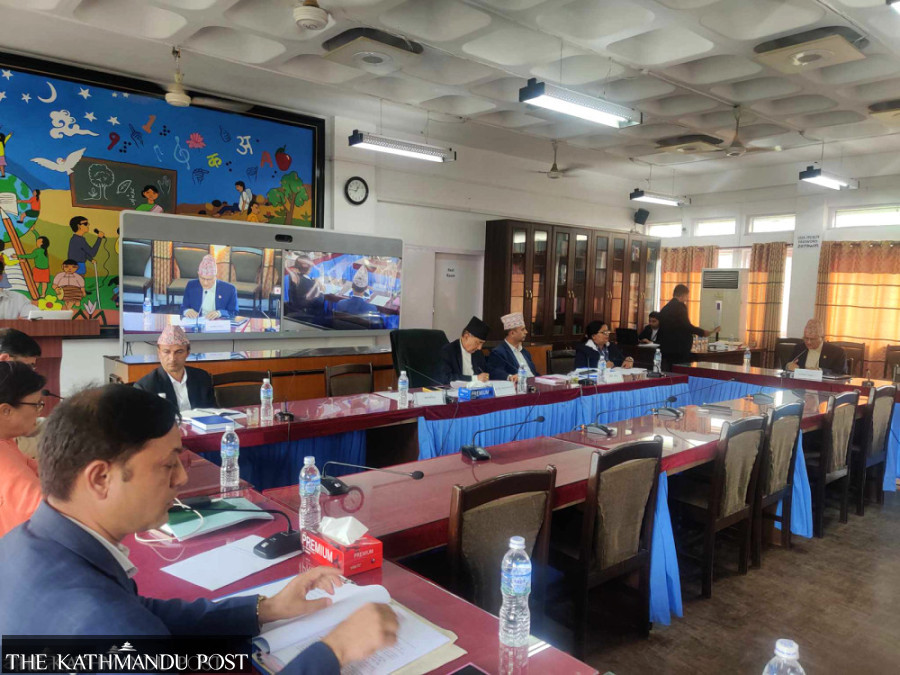Politics
7 months since first House meeting, mini parliaments still headless
Of the 16 committees, 12 are without chairpersons.
Post Report
Seven months since the first meeting of the House of Representatives, parliamentary committees are yet to get their chairpersons.
The first meeting of the House of Representatives elected by the November 2022 vote was held on January 9 while the House committees were constituted two and a half months later on April 28. However, the committees, also called mini parliaments, are yet to get their leadership. This has adversely affected their performance.
Out of the 16 committees in the federal parliament, the four under the National Assembly have their chairs, but the remaining 12—ten in the lower house and two common with the representatives from both houses—are without leadership.
Following the indifference of the parties to electing the chairpersons of the parliamentary committees, Speaker of the House of Representatives on July 5 urged the cross-party top leadership for their prompt election. Prime Minister and CPN (Maoist Centre) chair Pushpa Kamal Dahal, Nepali Congress chief Sher Bahadur Deuba and CPN-UML chair KP Sharma Oli had agreed to elect the heads of the committees without delay. However, two weeks after their assurance, it remains unclear when the committees will get their leadership.
At the July 5 meeting, Speaker Ghimire had warned the three top leaders that he would start an election process to appoint the chairs if the political parties did take action. The regulations of the lower house allow the Speaker to announce the election for the chairpersons by issuing a 48-hour notice. However, neither has the Speaker taken any decision regarding the election nor have the parties taken any steps to make the appointments.
Shekhar Adhikari, press adviser to the Speaker, said Ghimire is waiting for the parties to abide by their words. “As far as I know, there has been no progress in giving leadership to the House committees,” he told the Post. As the current focus of the Parliament Secretariat is on the resumption of the House being obstructed by the opposition, election of the committee chairs is not a priority at the moment, according to the officials.
The CPN-UML has been disrupting both the Houses, demanding a high-level parliamentary committee to investigate last month’s gold seizure. On Sunday, Ghimire held meetings with the chief whips and whips of different parties to smoothen the House. However, it didn't yield any positive result.
At several meetings between the ruling and the main opposition parties, there was an agreement to give the leadership of three House committees including the Public Accounts and a joint committee to the UML. If the agreement prevails, the main opposition will have a leadership of three committees while the ruling parties will share nine committees among themselves.
In a parliamentary democracy, the committees are set up to complement Parliament. Their role increases when the House sessions are irregular. Parliamentary committees also effectively monitor the government’s actions and the functioning of other state bodies by putting the executive’s decisions up for debate. Unlike the full House, they can thoroughly discuss not just major issues but also minor ones and issue instructions to the government and its agencies.
The House committees have been designed in such a way that each has the responsibility to hold particular government agencies to account.




 10.95°C Kathmandu
10.95°C Kathmandu












